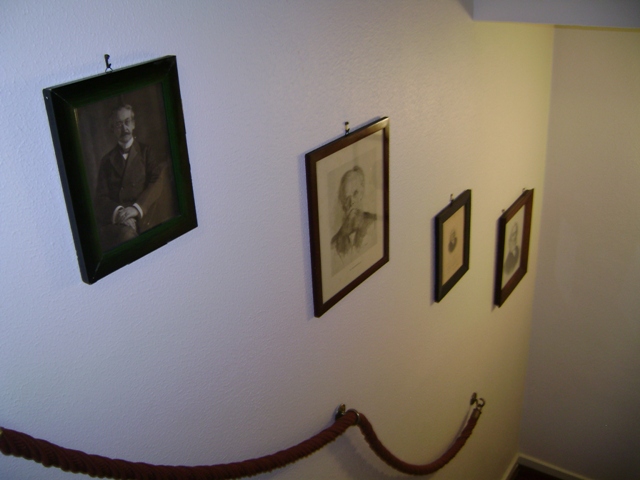
“I would be very pleased if they were (to put it simply) to show a little more love towards those who have gone before us, despite the degree of alienation they feel from them. I made a few remarks to this effect in 1932-33, when I introduced the lectures. I hope that my own approach here will make clear to one and all that the better exegesis and dogmatic theology for which we are striving again today must prove itself by the way in which its advocates acquire not only a sharper but also a more impartial eye for the historical reality of their fellow-theologians of yesterday and the day before. We need openness towards and interest in particular figures with their individual characteristics, an understanding of the circumstances in which they worked, much patience and also much humour in the face of their obvious limitations and weaknesses, a little grace in expressing even the most profound criticism and finally, even in the worst cases, a certain tranquil delight that they were as they were.”
Karl Barth wrote these words (in Protestant Theology in the Nineteenth Century, xii) about his students who, having learned the new theology he taught, were highly critical of what went before. Barth himself was highly critical of most voices of nineteenth century theology, but his criticism was grounded in careful study of their work, deep appreciation for their circumstances and aims, and a conviction that they too were Christians serving Christ, even if, in his estimation, they were also profoundly wrong.